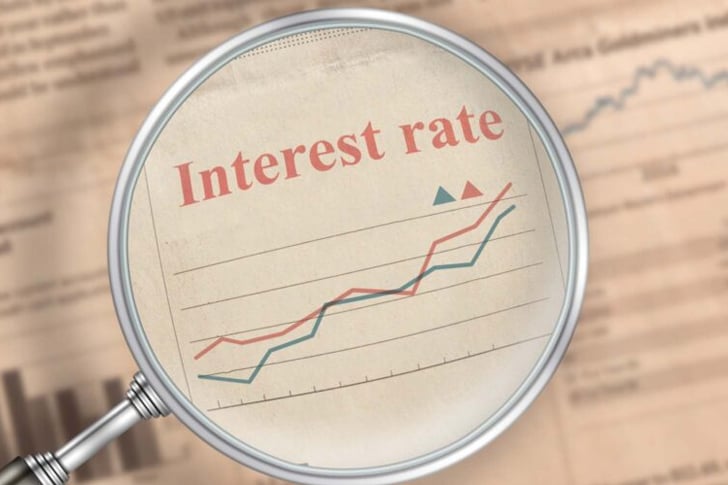Your Guide to Smart Personal Loans
Personal loans can be an effective financial tool to handle unexpected expenses, consolidate debt, or fund large purchases. However, navigating the personal loan landscape can be daunting, especially with the myriad of options available. In this comprehensive guide, we'll walk you through smart strategies for taking out personal loans, ensuring you make informed decisions that fit your financial situation.

Understanding Personal Loans
Before diving into the nuances of personal loans, it's vital to understand exactly what they are. A personal loan is a sum of money borrowed from a financial institution, credit union, or online lender that you pay back in fixed monthly payments, typically over two to five years. Personal loans are usually unsecured, meaning they do not require collateral like a home or car.
Reasons for Taking a Personal Loan
People take out personal loans for various reasons, including but not limited to:
- Consolidating high-interest debts into a single, lower-interest loan
- Covering unexpected expenses like medical bills or car repairs
- Financing large purchases such as weddings or home renovations
- Paying off credit card debt
Assessing Your Financial Health
Before applying for a personal loan, assess your financial health. This includes checking your credit score, reviewing your income, and understanding your debt-to-income (DTI) ratio. Lenders use these factors to determine your creditworthiness and the loan terms to offer.
Credit Score Impact
Your credit score is crucial because it influences the interest rate you'll receive. A higher score means you'll likely qualify for a lower interest rate, which can save you money over the life of the loan. If your credit score is less than ideal, you might want to take steps to improve it before applying for a loan.
Choosing the Right Lender
When it comes to personal loans, you have a variety of lenders to choose from:
- Traditional banks might offer personalized services but usually require higher credit scores.
- Credit unions often provide lower rates for members with good credit.
- Online lenders offer convenient applications and fast funding but might have higher rates or fees.
Comparing Loan Offers
Don't settle for the first offer you receive. Shop around and compare interest rates, fees (such as origination fees, prepayment penalties), loan terms, and monthly payment amounts from multiple lenders. Use online loan calculators to determine how much you will end up paying over the life of the loan.
Reading the Fine Print
It's crucial to read and understand the terms and conditions before accepting a loan. If anything is unclear, don't hesitate to ask the lender for clarification.
Loan Application Process
When you're ready to apply, be prepared to provide personal and financial information, including:
- Proof of income (e.g., pay stubs, tax returns)
- A list of monthly expenses
- Employment information
- Personal identification
Responsible Borrowing
Only borrow what you need and can afford to pay back. Be cautious about taking on more debt than necessary, and always have a plan to pay off the loan.
A smart personal loan can greatly help in managing finances when used wisely. By assessing your financial health, doing thorough research, comparing offers, reading the fine print, and borrowing responsibly, you can secure a personal loan that meets your needs without jeopardizing your financial future. Remember that a personal loan is a commitment and should be approached with the same level of seriousness as any other financial obligation.
-
1

Ultimate Feast for the Eyes: Top Cooking Shows Every Foodie Must Watch!
-
2

Maximize the Lifespan of Your New Dental Implants with Expert Care Tips
-
3

Ascending with Ease: The Revolutionary Journey of Stair Lift Technology
-
4

Maximizing Your Walk-In Tub's Lifespan: The Ultimate Guide to Enhanced Performance and Durability
-
5

Unlock Bigger Savings: Master the Art of Using Your Gas Rebate Card!









